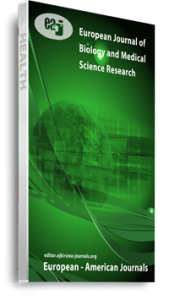Raw onions (Allium cepa L.) have been found to contain powerful medicinal (active) ingredients which could be used to treat or manage certain ailments. In this study, effort was made to investigate the effect of aqueous extract of Allium cepa L. on phenylhydrazine induced anaemic rats in order to ascertain the claims by some traditional herbalists in Nigeria of using same to treat anaemic patients. Phytochemical screening of the aqueous extract revealed the presence of tannins, saponins, oxalates and cyanogenic glycosides. Sixteen (16) wistar rats were divided into 4 treatment groups and maintained for fourteen (14) days. One group (normal control) received normal diet only. The second group (anaemia control) was induced with anaemia using phenylhydrazine as haemolytic agent. The group was fed with normal diet. The third group (anaemic test) was induced with anaemia using phenylhydrazine as haemolytic agent. The group also received aqueous extract and normal diet. The fourth group (normal test) received the aqueous extract and normal diet only. The aqueous extract was given through gastric intubation (orally). Induction of anaemia was done by intraperitoneal injection of 125mg/kg phenylhydrazine. The body weights (BWTs) of the rats were monitored throughout the period. After 14 days, the blood samples were taken and used to determine the Packed Cell Volume (PCV) and the haemoglobin (HB) level. The findings revealed that the administration of the aqueous extract significantly affect the HB levels of the rats, as well as their PCV. It is suggested that the use of aqueous extracts of Allium cepa L. by traditional herbalists in Nigeria to treat anaemic patients appears to be justified.
Keywords: Anaemia, Haemoglobin, Onion, Packed Cell Volume, Wistar rats

